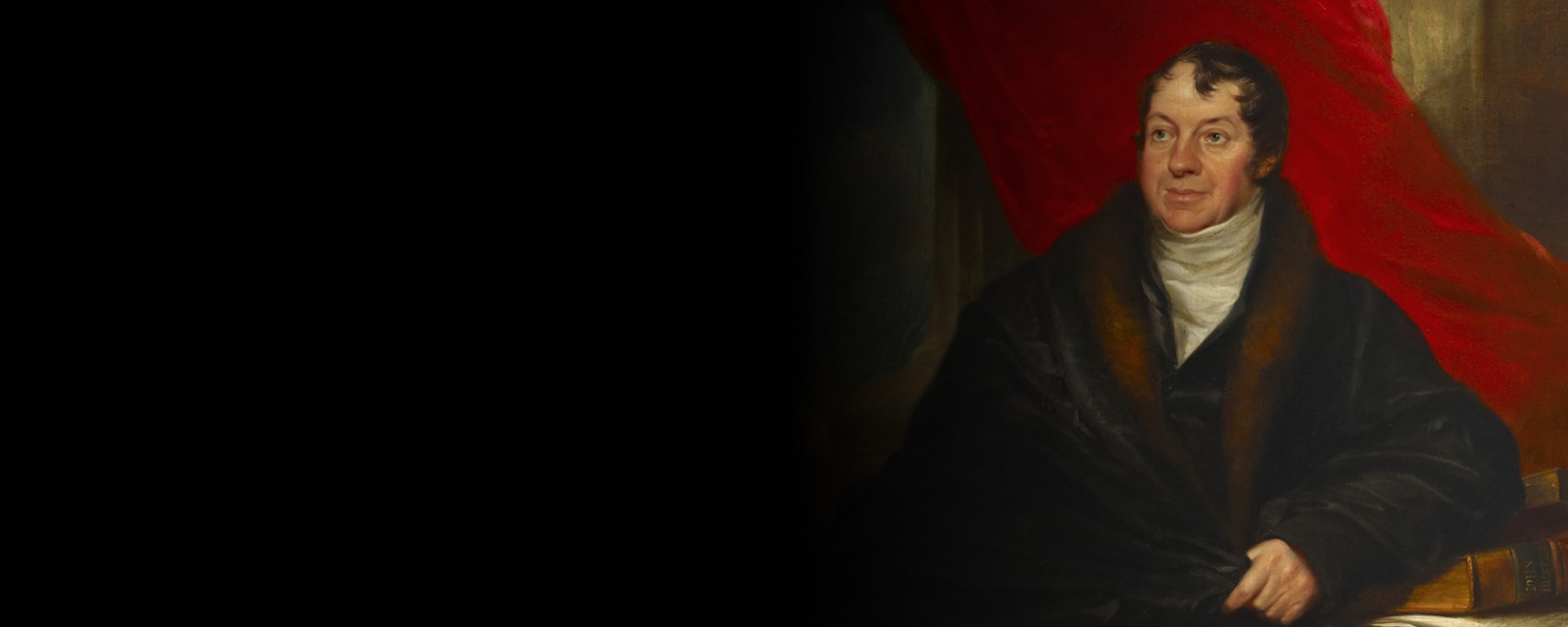
Transcribing Jenner
How one RSM life fellow is helping shed light on the father of immunology
Adrian Manning first joined the RSM over 30 years ago when he was a consultant gastroenterologist working at the Bradford Royal Infirmary. Adrian became a regular at the Society thanks to his career and an interest in medical history, frequently attending both educational and history of medicine meetings, with the Domus Medica hotel providing him with somewhere handy to stay. When the opportunity to become a life fellow arose shortly before his retirement was due, Adrian jumped at the opportunity.

Adrian Manning
Since retirement, Adrian’s interest in medical history has developed into something of a hobby and allowed him to develop a whole new skill set in transcribing historical documents.
“After relocating to Stroud, Gloucestershire from Yorkshire around seven years ago, I became interested in local history and started making connections between these two areas of historical interest.” Having found out that Dr Edward Jenner’s House was only around 15 miles away from where he lived, Adrian put himself forward for one of their callouts for volunteers. Known as the ‘father of immunology’, English physician and scientist Dr Jenner is renowned for pioneering the concept of vaccines after developing the world’s first vaccine, for smallpox, in 1796.
Fast forward 18 months or so, and Adrian’s volunteering work in the archives led to him becoming something of an expert when it comes to understanding 18th and 19th century handwriting. “It’s about getting used to the vagaries of their English language and grammar usage, as well as the handwriting – particularly Jenner’s.”
Last year, during a stay at Domus, Adrian noticed there was an exhibition at the RSM library featuring Jenner’s letters. ‘Edward Jenner: A life in letters’ showcases a collection of Jenner’s unpublished letters, recently transcribed by staff at the RSM library. The letters are a mix of personal correspondence and Jenner’s reflections on his work to develop the smallpox vaccine, offering a captivating exploration of Jenner's pivotal role in vaccine development, through a collection of insightful correspondence with one of the RSM’s founders, Dr Alexander Marcet.
Having popped up to have a look, Adrian saw that library staff were welcoming contributions from visitors who could help transcribe the letters. Since then, Adrian has been a huge help to the team, drawing on his expertise and knowledge to decipher some of the trickier passages that had been eluding them.
Polly Clint, RSM Library Customer Services Manager, said: “Adrian contacted me in October after visiting the exhibition. As an archives volunteer at Dr Jenner's House, he kindly offered to tackle the final transcription of Jenner's letters, where our library team had struggled with the handwriting. Since then, I've been sending Adrian batches of letters, and he has been nothing short of fantastic! His dedication and expertise have bridged gaps and significantly contributed to the completion of the exhibition. Thanks to Adrian, we are on the cusp of presenting a more cohesive portrayal of Edward Jenner's life through the letters.”
“Context is all,” according to Adrian. “There are some parts you’d struggle with, some strange scrawl, if you didn’t know about Jenner’s life and weren’t able to spot names of associates, for example. Quite a number of the missing words turned out to be names.”
The work on Jenner’s letters is almost complete but Adrian’s volunteering work doesn’t stop there. Back home, he continues to volunteer at Dr Jenner’s House, as well as being involved with the Stroudwater Navigation Archive Charity, helping to unlock a large archive collection of volumes, papers and plans providing fascinating information about the lives of people living along the Stroud valley during the last two hundred years.
